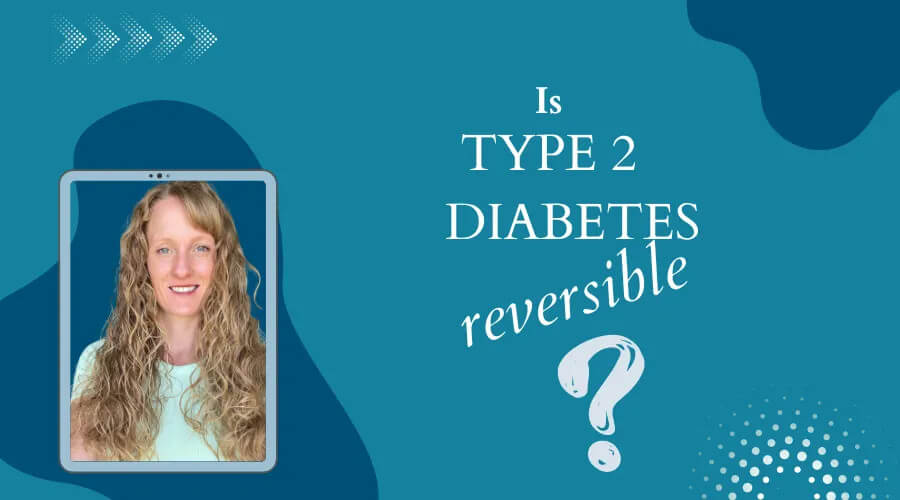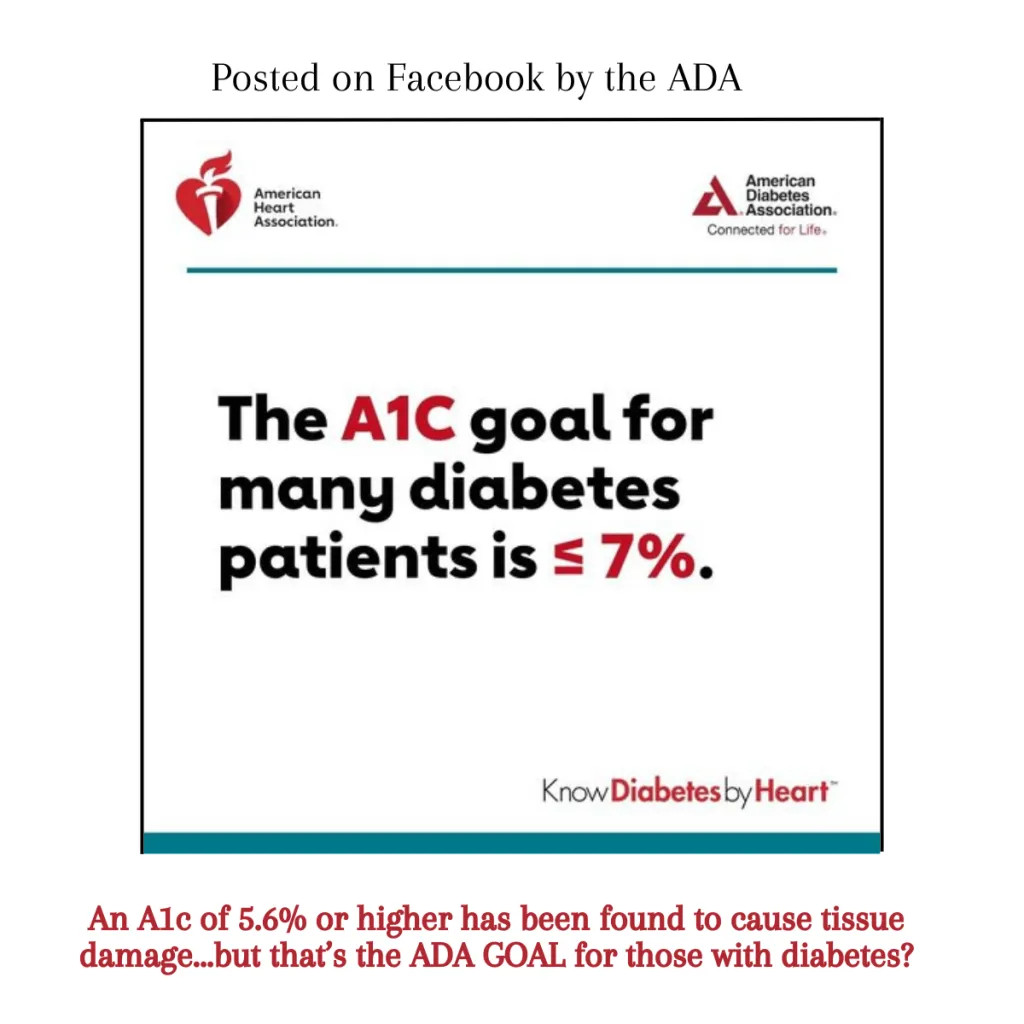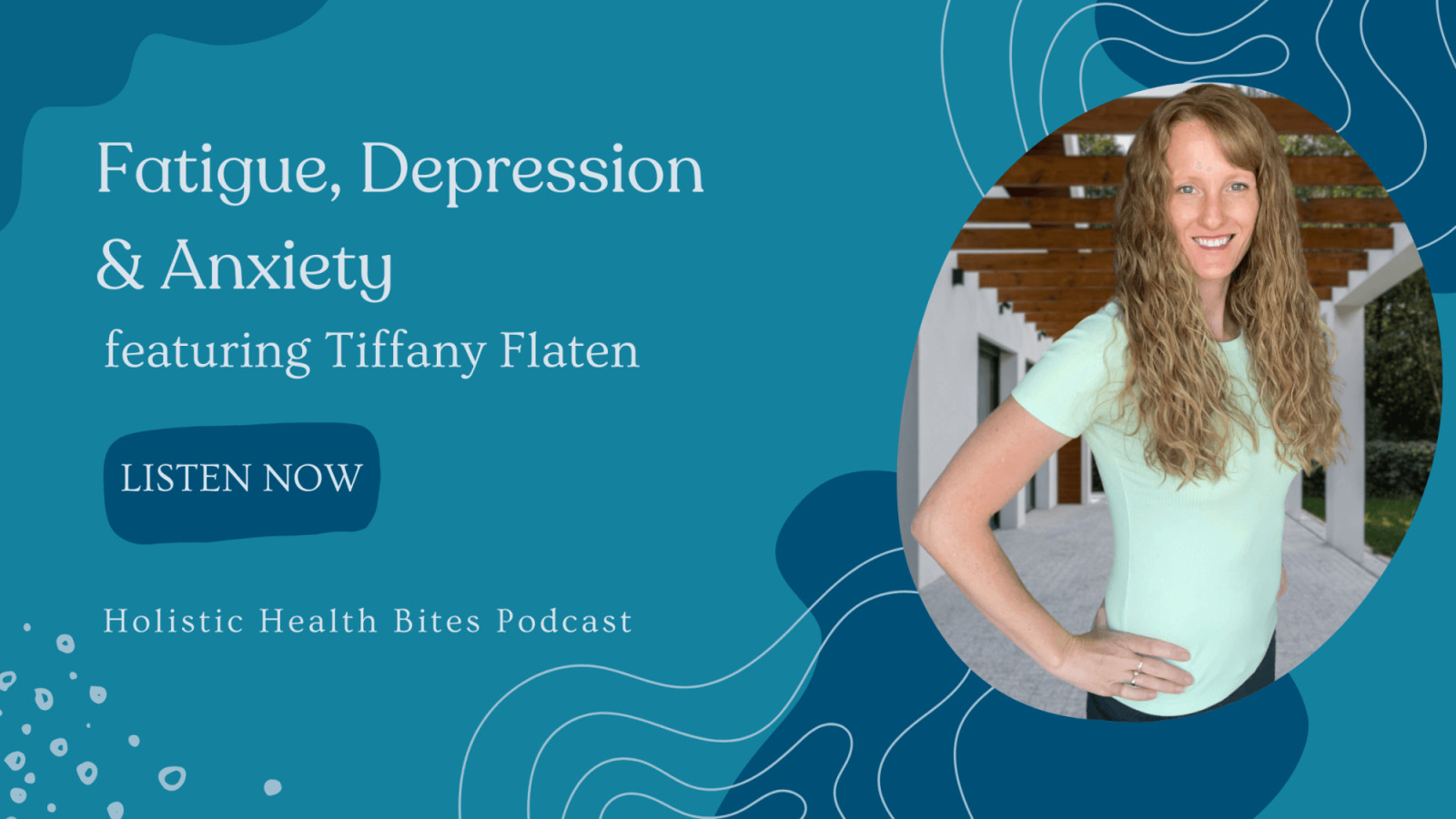
Can type 2 diabetes be reversed?
Conventional medicine providers will often say that type 2 diabetes is a progressive disease – meaning that the disease will continually get worse and will be with you forever. That leaves you very little choice in how the rest of your life goes. It’s just medications, surgeries, and continually worsening health. I don’t know about you, but that is NOT the image I want for my future. Thankfully, the message is starting to shift! Even the American Diabetes Association is acknowledging that there is research supporting being able to stop and even reverse disease progression. A quick search on PubMed.gov for publications related to “reversing type 2 diabetes” reveals over 6100 publications on the topic!
Many functional health care practitioners like myself would tell you that in many cases type 2 diabetes is reversible and thousands of people who have reversed their diabetes would tell you the same.
You see, the root cause of diabetes is insulin resistance. And we can see insulin resistance disappear with proper nutritional and lifestyle approaches – sometimes very quickly!
It’s important to understand that poor nutrition and lifestyle habits to contribute to diabetes development and progression. Following optimal nutrition and lifestyle methods can reverse this process – but only if you stick with healthy eating and positive lifestyle habits. If you go back to eating and living the way you were when the disease started, it will return.
Here are 5 things to know about diabetes if you’re interested in reversing your disease progression:
Address the root cause
Insulin resistance. We know that insulin resistance develops primarily from chronically high blood sugars (and therefore chronically high insulin levels). The most effective way to repair insulin sensitivity is to reduce blood sugar levels (and therefore insulin levels).
Build sustainable habits
This process only works if you can stick with it. So we have to find foods you love that also keep your blood sugars in line. You shouldn’t feel hungry, deprived, restricted, or like you need treats. There are countless ways to make delicious foods that won’t drive up blood sugars!
Personalize the plan for YOU
Customizing the plan, foods, and process for you. We are all unique – and our bodies don’t react the same way to different foods, medications, exercises and lifestyles. We have to find the perfect plan for you and your life. There is no one perfect meal plan to follow.
Implement a proven system
Research has been done primarily on three mechanisms of action – bariatric surgery, very low-calorie dieting, and low carbohydrate dieting. All three can provide normal blood glucose levels within days to weeks in people with type 2 diabetes. The differences come with the risks and sustainability of the plan.
Bariatric surgery comes with usual surgical risks and works by essentially forcing the person to diet because they literally cannot take in much food at one time. This can lower blood sugars and insulin simply due to the quantity of food consumed. However, people often end up eating more often in order to consume adequate nutrition throughout the day. Depending on food choices, this can cause blood sugar and insulin both to rise and stay elevated throughout the day without significant breaks between meals/snacks.
Very low-calorie diet works in essentially the same way as bariatric surgery, only the minimal caloric intake is by choice, rather than surgery. The main challenges here are hunger and lowered metabolic rate over time. This type of diet has been found to be extremely successful over the short term, but ultimately hunger wins the battle and the person will eat more again. This often comes with weight gain due to slowed metabolic rate.
The third plan is therapeutic carbohydrate restriction. The level of restriction varies from person to person by their unique insulin sensitivity and carbohydrate intolerance. Some clients find that extremely low carbohydrate intake is required to lower their blood sugar levels and repair insulin sensitivity. This may be anywhere from zero to 20g of carbs per day. Others find that they are still able to have up to 50 or 100g of carbohydrates per day, from high fiber choices (primarily vegetables). Once people adapt to this style of eating, they often find that it is satiating enough to stick with long term. The only minor struggle at the beginning of changing the approach to food and letting go of breads, pastas, rice, and other refined grains.
The main risk with low carbohydrate eating (as well as bariatric surgery and low calorie eating) is for those taking diabetes medications. This nutrition plan can reverse elevations in blood sugars and insulin levels so quickly, people often become overmedicated very quickly. It is critical that your prescribing physician be aware of your plan so they can adjust any medications as needed.
Find and utilize support
The most successful clients had support. Family, friends, medical providers, supportive coaching, and thorough education. These are the makings of a sustainable plan. Clients who leaned in asking for help, seeking education, and embracing technologies (like CGMs, wearable fitness trackers, and online coaching) have by far been the most successful. Diabetes develops over years, often decades before you ever knew it. Unraveling the lifestyle and eating habits is difficult for many people. Make it easy – surround yourself with support.





















0 Comments